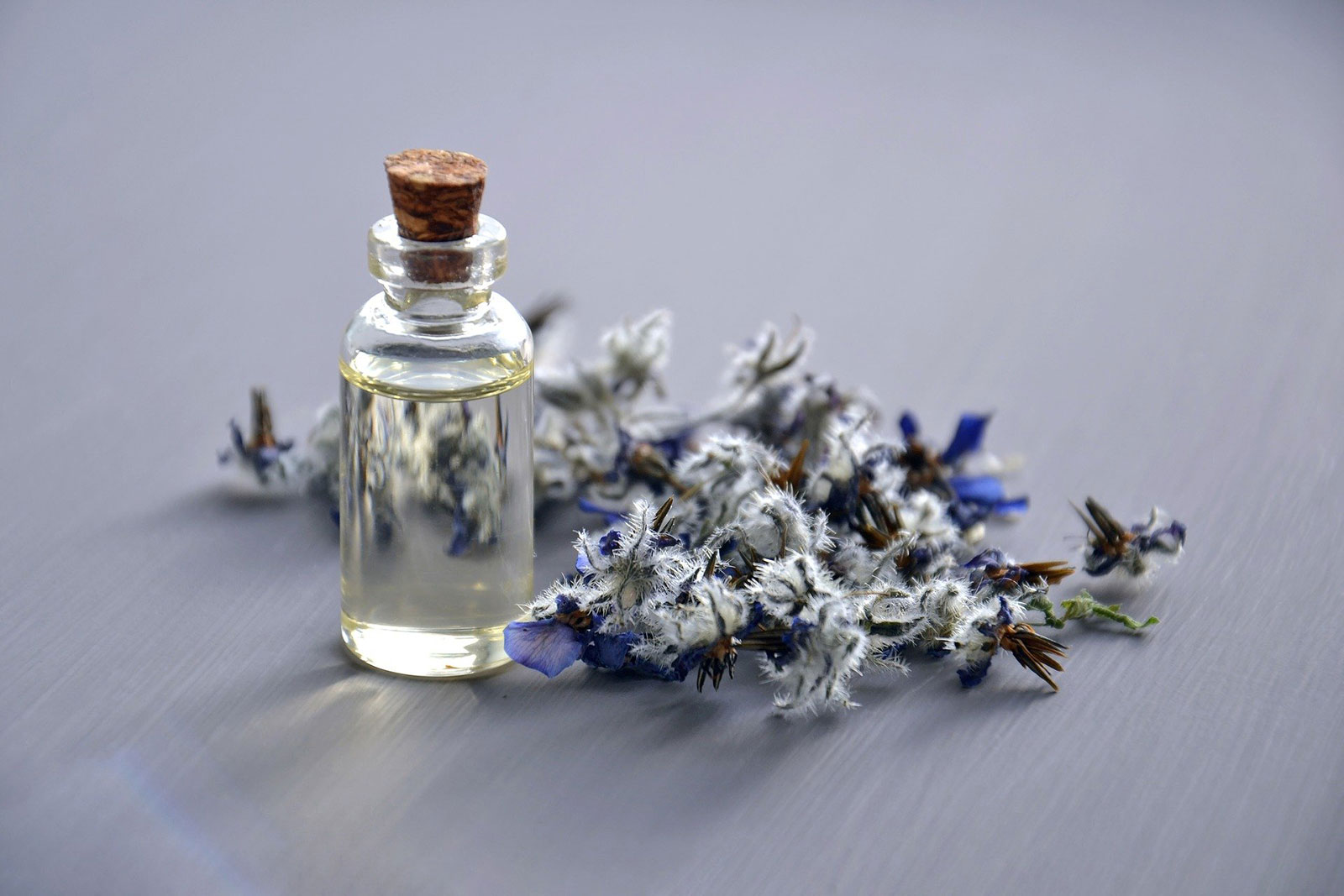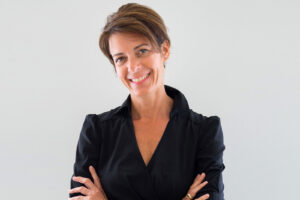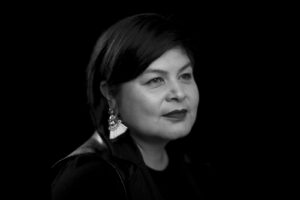Essential oils have a bad reputation. The term “snake oil salesman” dates back to 1897 and remains a popular lexicon today for slick and shady business practitioners. Think of your high school classmate who sends you a message on social media with a Young Living essential oils offer after you share your cancer diagnosis. The message is intrusive at best and evidence of a modern day “snake oil salesman” at worst.
Some essential oil companies make baseless claims that essential oils can cure, treat or reduce the symptoms of some major health conditions including ADHD, autism, diabetes, endometriosis, epilepsy, PTSD and, yes, even cancer. With the chronic and persistent nature of many of these conditions, the people living with such illnesses may be looking for anything to alleviate symptoms. There’s a need and a demand for what essential oils claim to do but not the science to fully back up the depth of these claims.
Essential oils’ notoriety in the multi-level marketing (MLM) space even inspired podcasters Jane Marie and Dann Gallucci to look further into the entire wellness space for the second season of their popular podcast, “The Dream.” Jane Marie started the podcast to take an in-depth look at the MLM industry. Multi-level marketing schemes require their predominantly female workforce to buy their own inventory and move up the ladder by recruiting more people to work under them with promises of rewards like a pink Cadillac. The reality, however, according to a Vox interview with Marie, is that more than 95 percent of MLM sellers lose money.
Across the season’s 10 episodes, Marie and Gallucci share the alarming lack of FDA regulation in the wellness space, which includes essential oils. According to the National Cancer Institute, aromatherapy does not require FDA approval and aromatherapy practitioners are not required to have a license to practice. This leaves room for interpretation and opens the door for multi-level marketing companies to tout false claims of cure-all essential oils.
Truth in Advertising, a nonprofit, frequently reports on the deceptive practices of MLMs. A 2016 Truth in Advertising independent investigation found that 97 percent of nutritional supplement companies belonging to the Direct Selling Association (DSA) sell their products with illegal health claims. Among this group are multi-level marketing brands such as doTerra, which has made claims that essential oils cure cancer.
There’s a need and a demand for what essential oils claim to do but not the science to fully back up the depth of these claims.
Spoiler alert: essential oils cannot cure cancer. But that doesn’t mean essential oils and aromatherapy are not valid and useful as a supplementary treatment for cancer symptoms. Legitimate practitioners and businesses like Aeroscena now work against shady MLM claims to show the actual scientific efficacy of essential oils.
Nearly 10 years ago, Mark Kahoot and Dr. Michael Roizen, chief wellness officer at the Cleveland Clinic, founded Aeroscena on the principle of data showing that essential oils work in some capacity. They also recognized that essential oils needed an image makeover—backed by research and development—to elevate its status to the high quality standards of other parts of the healthcare industry.
“Essential oils and aromatherapy’s reputation [have] been ruined by multi-level marketing companies like Young Living and doTerra,” says Aeroscena CEO Kahoot. “We try to rehabilitate the reputation. We do clinical trials and we let the institution that agrees to do the trial, conduct the trial. We are hands-off. If it fails, it fails. If it succeeds, it succeeds.
In 2018, Aeroscena conducted a five-month study with the Moffitt Cancer Center to test the effectiveness of aromatherapy on infusion patients with anxiety and nausea. The study found that using aromatherapy resulted in a 50 percent reduction average of nausea and anxiety.

This research aligns with a 2007 study published in the Journal of Oncology on the correlation between aromatherapy massage and the reduction of anxiety among cancer patients. This study found that while aromatherapy did not provide long-term reduction of anxiety symptoms, it did offer relief for up to two weeks.
In addition to scientific research, organizations like the National Association for Holistic Aromatherapy (NAHA) provide a level of regulation in the responsible use of essential oils. Both NAHA and the Alliance of International Aromatherapists have a set of educational standards for aromatherapy practitioners. Most importantly, as with any health treatment, it’s critical for practitioners to manage patient expectations.
“I think it’s important to set the ground foundation on what to expect and not to expect from essential oils when it comes to cancer and cancer treatment,” says Tyler Hagan, NAHA’s midwest district director for Indiana and community manager for the company Plant Therapy. “As much as we’d like there to be an easy, natural cure for cancer, essential oils are not that and should not be used to cure anything. Instead, essential oils should be used to support the body emotionally and physically as necessary with intent and purpose. This will provide an overall better aromatherapy experience.”
Spoiler alert: essential oils cannot cure cancer. But that doesn’t mean essential oils and aromatherapy are not valid and useful as a supplementary treatment for cancer symptoms.
Both Hagan and Kahoot suggest using essential oils with a personal nasal inhaler. Kahoot’s product, Aeroscents, uses surgical foam to hold the oil inside a sachet. Once you squeeze the sachet, the recommended dosage is released. Kahoot describes inhalers as the safest use of essential oils, noting that all of their studies focus on the use of essential oil inhalers. While Kahoot wouldn’t give the exact formula of Aeroscena’s secret blend of essential oil inhalers, Hagan recommends lavender and bergamot for emotional support. For an upset stomach, Hagan says peppermint and spearmint could provide some relief. He further suggests coupling the use of essential oils with deep breathing exercises.
Individuals should be suspicious of any company saying one should directly ingest essential oils and to be cautious with direct application to the skin. All essential oil companies are not created equally. There’s a complexity to understanding how essential oils function that MLM companies tend to breeze right past. First-time users have to be aware of potential reactions that they can have with other medications and treatments.
“While essential oils can be extremely helpful for families and individuals undergoing some type of cancer treatment, they can also be equally dangerous,” warns Hagan. “Before beginning any aromatherapy practice, it’s important to work directly with your oncology team to determine whether or not the chosen essential oils and their intended purpose are safe […] and in some cases, [essential oils] can actually protect [rather than destroy] cancer cells [during] treatment, which would be counterproductive.”
Like always, it’s important to consider the source of your information. Your classmate trying to meet her Young Living monthly quota is likely not an oncologist and did not attend a NAHA-certified institution. She stands to gain more financially from your essential oil ignorance and subsequent purchase than you will achieve in safe healing. Consult your oncologist directly for a recommendation or check with NAHA’s directory of aromatherapists to find a reputable practitioner.







